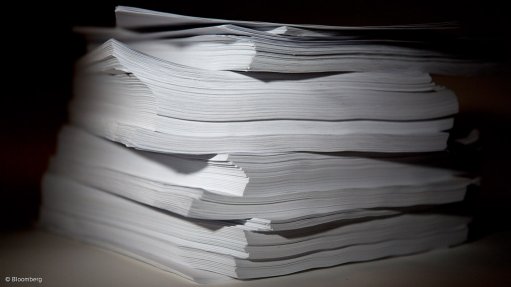
With some South Africans implicated in the offshore bank accounts cited in the leak of millions of documents from a Panama-based legal firm earlier this month, the National Treasury aimed to probe whether the law had been flouted.
Earlier this month, the release of more that 11.5-million documents holding information of hundreds of thousands of law firm Mossack Fonseca’s clients unveiled alleged money laundering activities and tax evasion, prompting tax authorities worldwide to initiate investigations into companies, celebrities, businesspersons and politicians, among others.
As the relevant agencies, including the South African Revenue Service, the Financial Intelligence Centre and the South African Reserve Bank, investigate whether any of those offshore accounts contravened South Africa’s exchange control regulations and tax laws, Treasury urged those involved to come forward under the special voluntary disclosure programme (VDP).
The VDP was proposed in the 2016 Budget to enable noncompliant individuals and firms to disclose assets held and income earned offshore and “legitimise” their financial affairs before being caught out contravening the Exchange Control Regulations, the Income Tax Act and the Tax Administration Act, besides others.
“The Treasury welcomes the release of such information which, like the recent release of information related to the clients of HSBC, provides the basis for authorities to act against those who illegally move funds out of South Africa,” Treasury said in a statement.
Depending on the nature of the contravention of the laws, action against those found guilty included the imposition of taxes, understatement and other penalties, forfeiture of funds and criminal prosecution.
“There are many transactions on a daily basis between South Africans and the rest of the world, and holding funds in an offshore bank is by itself not illegal, as long as the necessary approvals and disclosures have been made to the relevant authorities,” the Treasury concluded.